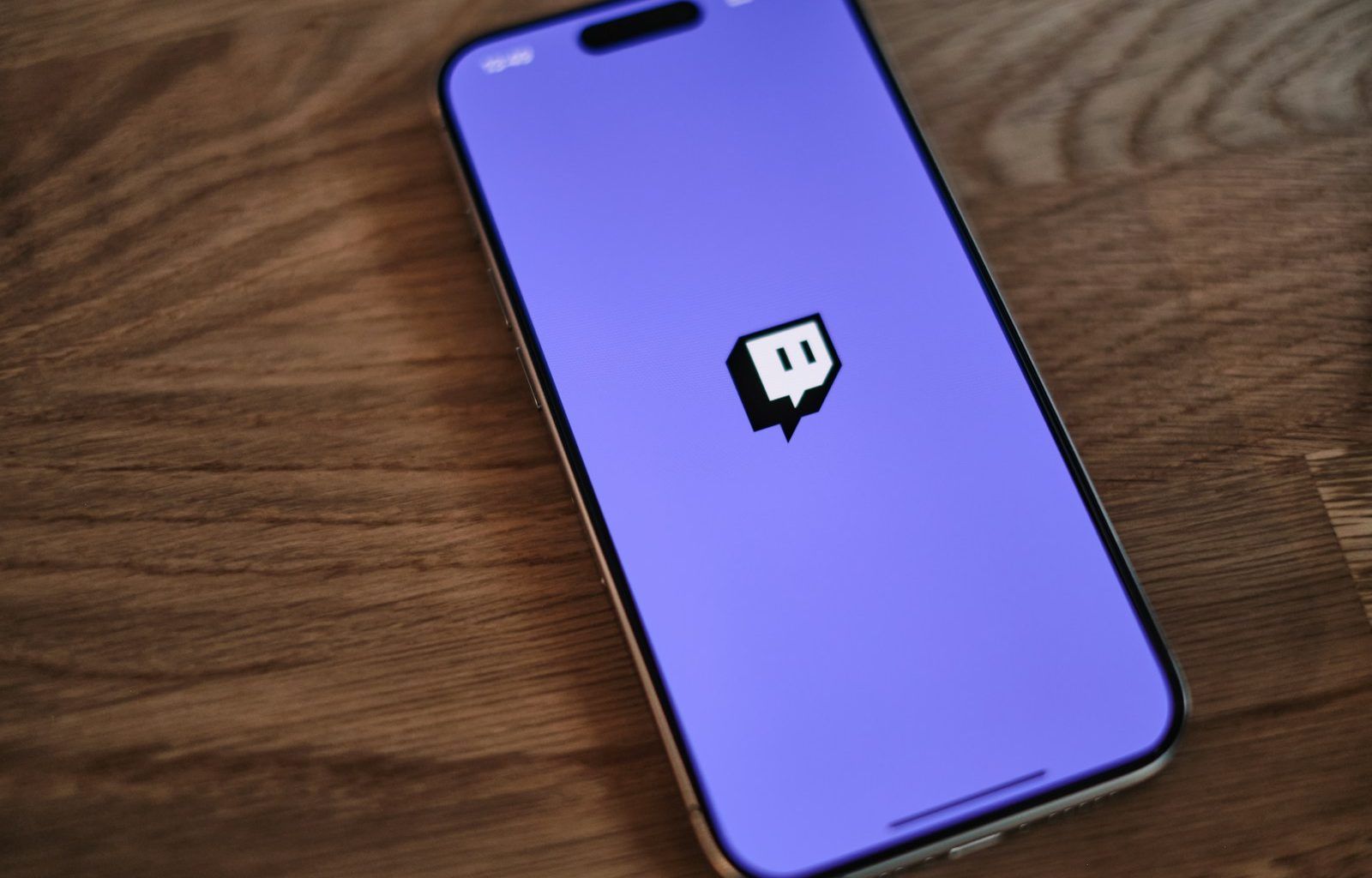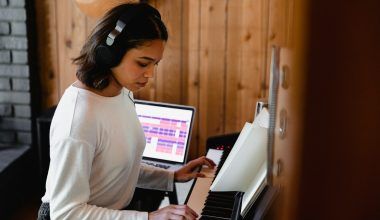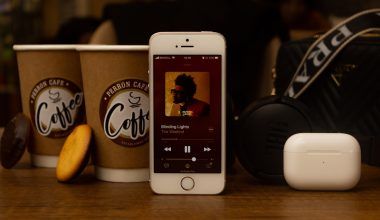Streaming on Twitch is a fantastic way to connect with audiences, showcase your talent, and even earn money. However, one major issue streamers often face is copyright violations. Imagine pouring hours into your stream only to receive a takedown notice or muted segments. It’s frustrating, right? Don’t worry! In this guide, we’ll explore how to avoid getting copyrighted on Twitch, step by step.
Understanding Copyright on Twitch
Before we dive into the solutions, let’s first understand what copyright means on Twitch. Copyright laws protect the creators of music, videos, and other forms of media. When you stream, any copyrighted content in your video—whether it’s a song, a clip from a movie, or a game soundtrack—could result in a violation.
Twitch enforces copyright rules under the Digital Millennium Copyright Act (DMCA). If a rights holder finds their content in your stream without permission, they can file a DMCA takedown request. This could lead to:
- Muted audio in VODs (Video on Demand)
- Temporary or permanent bans on your channel
Let’s break down how to ensure your content is safe.
Why Copyright Happens on Twitch
- Music in the Background: Playing songs from Spotify, Apple Music, or any streaming service during your stream.
- Game Soundtracks: Some games include copyrighted music, and Twitch bots can detect this.
- Reaction Content: Watching and commenting on YouTube videos, movies, or TV shows.
- Fan-Made Montages: Using clips from popular media in your streams or intros.
Simple Ways to Avoid Copyright Issues on Twitch
Now that you know the causes, let’s talk about solutions. Follow these tips to keep your streams copyright-free:
1. Use Royalty-Free Music
Royalty-free music is your best friend. These are tracks you can legally use without worrying about takedowns. Many websites offer free or paid royalty-free music. Examples include:
- Epidemic Sound
- StreamBeats by Harris Heller
- YouTube Audio Library
If you’re unsure about a track, double-check the licensing details before adding it to your playlist.
2. Mute In-Game Music
Many video games have epic soundtracks, but not all are safe to stream. To be cautious:
- Turn off in-game music in settings.
- Opt for games that provide a “Streamer Mode” to disable copyrighted tracks (e.g., Fortnite or Cyberpunk 2077).
This way, you can still enjoy the gameplay without risking copyright strikes.
3. Create Your Own Content
Using original music or sound effects in your streams is a foolproof method. You can create:
- Custom background music: Tools like GarageBand or FL Studio can help.
- Unique sound effects: Add personal touches to alerts and transitions.
Custom content not only avoids copyright issues but also adds personality to your streams.
4. Check Licenses for Music You Buy
Purchasing music does not always give you the right to stream it. When buying tracks, ensure they come with a streaming license. Some platforms clearly mention whether the content can be used on Twitch or YouTube.
5. Leverage Twitch Soundtrack
Twitch offers a feature called Soundtrack by Twitch, which includes music that’s safe to use during your streams. This tool provides:
- Pre-cleared tracks
- Playlists for different moods and styles
- A seamless way to play music without breaking copyright rules
Keep in mind, Twitch Soundtrack works only for live streams. Your VODs might still get muted.
Tools to Check Copyright Permissions
If you’re ever unsure about using a specific song or media, these tools can help:
- ContentID: YouTube’s system to check for copyright claims
- Tunefind: Identifies music in shows, movies, and games
- Fair Use Evaluator: Analyzes whether your use of content falls under “Fair Use”
What to Do if You Receive a Copyright Strike
Despite taking precautions, there’s a chance you might receive a DMCA notice. Here’s what you should do:
- Don’t Panic: A single strike doesn’t mean the end of your Twitch career.
- Remove the Content: Delete the infringing VOD or clip immediately.
- File a Counter-Notice (If Applicable): If you believe the strike is unfair, Twitch allows you to dispute it. However, this should be done cautiously and only when you’re certain about your claim.
- Learn and Adjust: Understand what caused the issue and ensure it doesn’t happen again.
Common Misconceptions About Copyright
Let’s debunk a few myths:
- “If I credit the artist, it’s okay.”
Not true. Giving credit doesn’t grant permission. - “I bought the music, so I can use it.”
Nope! Owning a song doesn’t give you streaming rights. - “It’s okay if the music plays for a few seconds.”
Even short clips can lead to strikes.
FAQs About Avoiding Copyright on Twitch
Q: Can I use music from Spotify in my Twitch streams?
A: No, Spotify music is licensed for personal use, not public broadcasting.
Q: What happens to my Twitch channel after multiple strikes?
A: Three DMCA strikes can lead to your channel being permanently banned.
Q: How do I find out if a game’s music is safe for streaming?
A: Check the game’s terms or look for forums discussing its “Streamer Mode.”
Building a Copyright-Free Brand on Twitch
Consistency is key. By following these steps, you can build a brand that’s free from copyright risks:
- Stick to safe music sources.
- Regularly audit your VODs and clips.
- Stay informed about Twitch’s evolving copyright policies.
Over time, viewers will appreciate your originality and effort to maintain quality streams.
Final Thoughts
Getting copyrighted on Twitch can be a major setback, but with the right tools and habits, you can learn How to Not Get Copyrighted on Twitch. By using royalty-free music, muting in-game soundtracks, and staying informed, you can focus on what truly matters—entertaining your audience.
Remember, streaming should be fun and stress-free. So, start implementing these tips today and take your Twitch career to the next level!
For further reading, explore these related articles:
- Spotify Student Plan India: Affordable Music for Every Student
- Exploring the World of Online Song Streaming: The Future of Music Listening
For additional resources on music marketing and distribution, visit Deliver My Tune.






